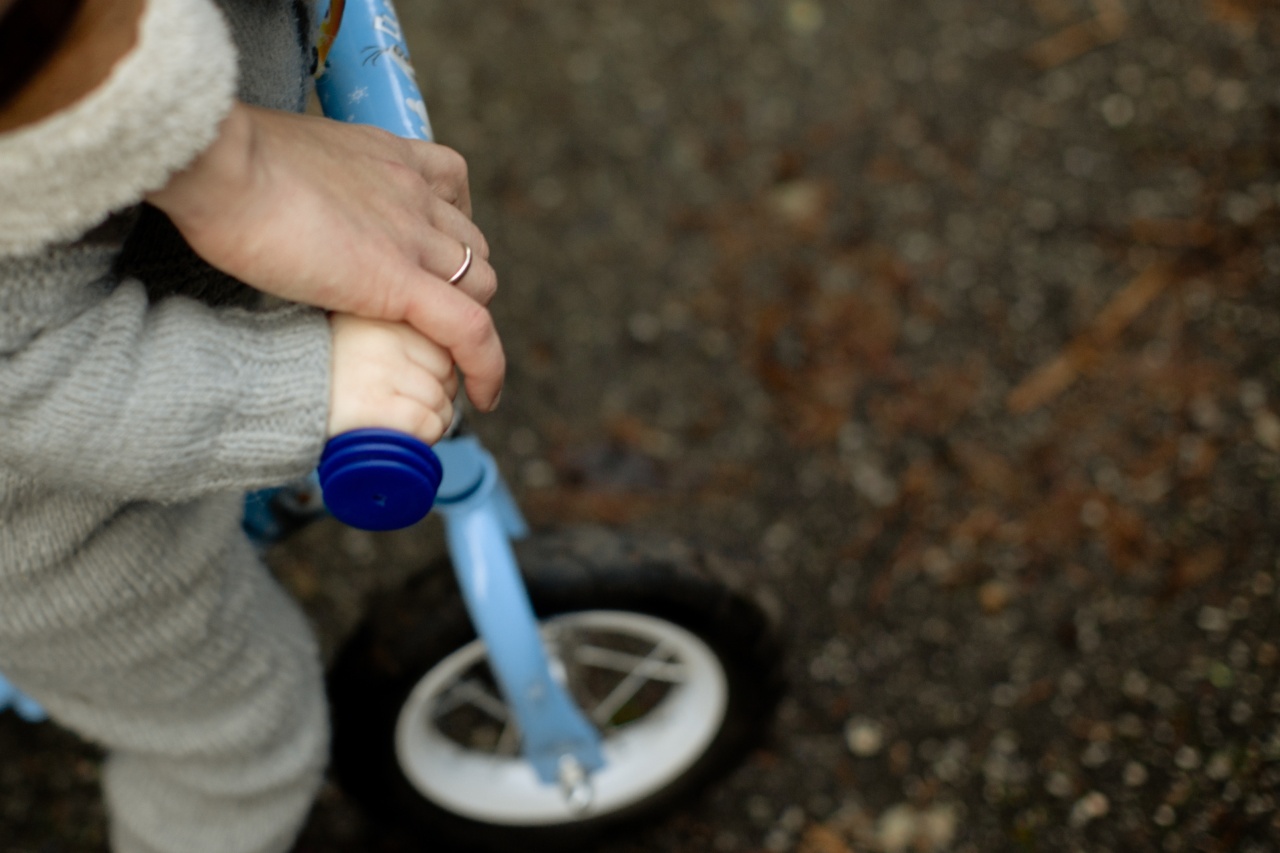Allergens can be an irritant to many people, causing a wide range of symptoms such as sneezing, itching, watery eyes, and difficulty breathing. If you suffer from allergies, you know how uncomfortable and disruptive they can be to your daily life.
Fortunately, there are several proactive steps you can take to protect yourself from allergens and minimize their impact. In this article, we will discuss ten essential moves you can make to safeguard yourself from allergens and enjoy a healthier, more comfortable life.
1. Keep Your Home Clean
Regular cleaning of your living space is crucial in keeping allergens at bay. Dust, pet dander, and mold spores can accumulate quickly and trigger allergic reactions.
Dust surfaces regularly, vacuum carpets and upholstery frequently, and mop floors to minimize the presence of allergens.
2. Invest in High-Quality Air Filters
Indoor air quality plays a significant role in allergies. Invest in high-quality air filters for your home’s heating and cooling systems to trap allergens effectively.
Look for filters with a high Minimum Efficiency Reporting Value (MERV) rating to capture smaller particles, such as dust mites and pollen.
3. Wash Bedding Regularly
Bedding, including pillows, sheets, and blankets, can harbor allergens like dust mites. Wash your bedding regularly in hot water to eliminate these allergens.
Consider using hypoallergenic covers for your pillows and mattresses to provide an additional layer of protection.
4. Minimize Outdoor Exposure
When allergen levels are high, it’s best to limit your outdoor activities. Check the pollen count regularly and avoid spending extended periods outside, especially on windy days.
If you must go out, wear sunglasses to protect your eyes and a mask to filter out airborne allergens.
5. Keep Windows and Doors Closed
To prevent allergens from entering your home, keep windows and doors closed, especially during peak allergen seasons. Use air conditioning instead to circulate filtered and conditioned air throughout your home.
6. Control Humidity Levels
Mold and dust mites thrive in humid environments. Use a dehumidifier to keep indoor humidity levels below 50%. Furthermore, fixing any leaks or sources of water damage in your home will help prevent mold growth and reduce your exposure to allergens.
7. Remove Clutter
Clutter provides an ideal environment for allergens to accumulate. Keep your living space tidy and organized, avoiding unnecessary items that may collect dust and allergens.
Regularly clean and declutter areas such as closets, bookshelves, and under furniture to minimize the presence of allergens.
8. Practice Good Personal Hygiene
Personal hygiene can significantly impact your exposure to allergens. Shower and wash your hair before going to bed to remove any allergens that may have accumulated on your body throughout the day.
Additionally, change your clothes after spending time outdoors to avoid bringing allergens into your home.
9. Consider Allergy-Proof Flooring
Carpets can trap allergens, making it difficult to completely remove them from your living space. Consider replacing carpets with hard flooring options such as hardwood, laminate, or tile, which are easier to clean and less likely to harbor allergens.
10. Seek Professional Help
If your allergies persist despite taking these preventive measures or if you require additional assistance, it is essential to seek professional help.
An allergist or immunologist can diagnose the specific allergens triggering your symptoms and provide guidance on managing your allergies effectively.






























